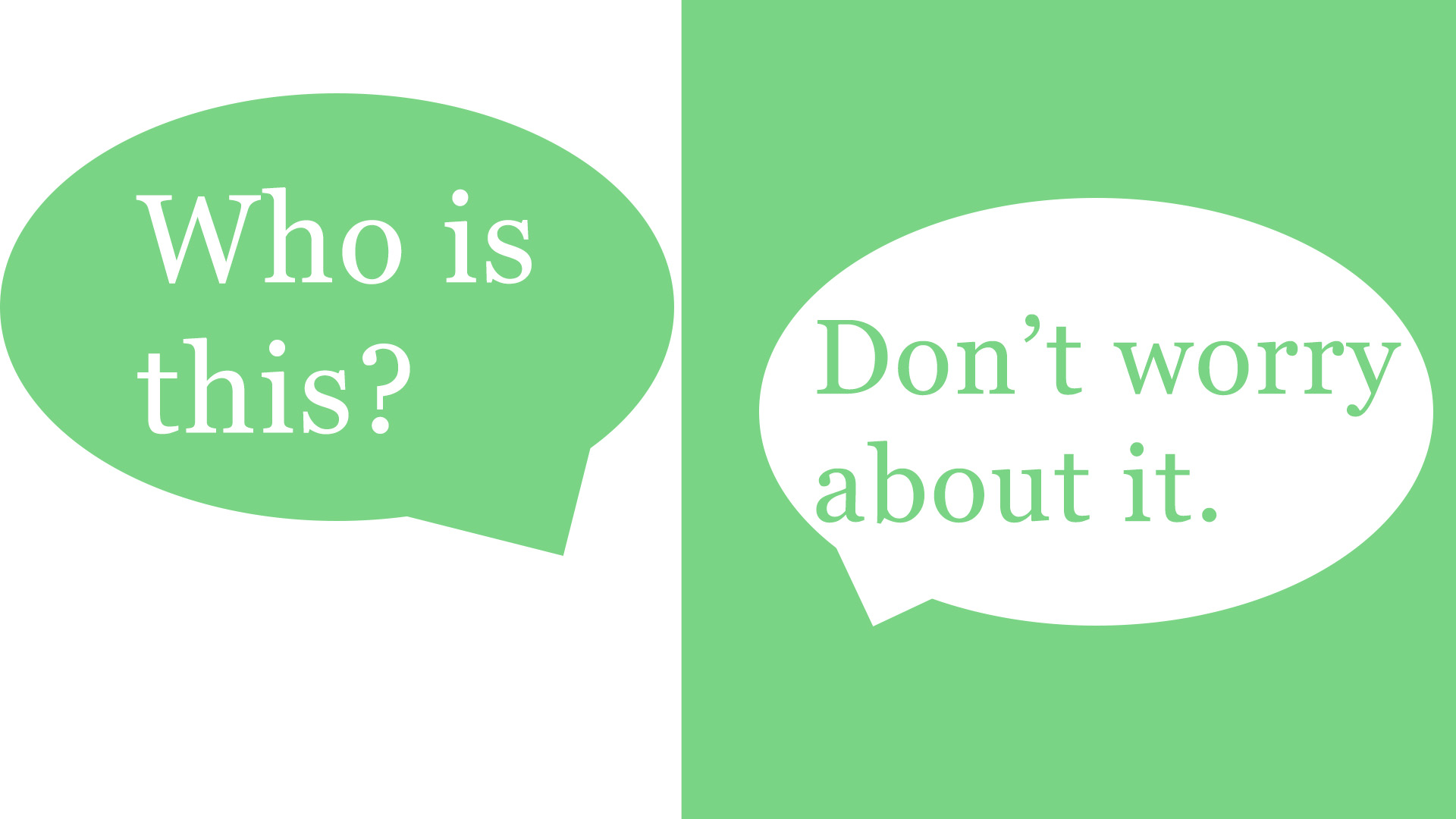
As students made their way back onto campus with in-person classes this fall, Yik Yak, an app based on local, anonymous posts, once again gained popularity quickly. However, the University of Mississippi had already blocked students from being able to access Yik Yak on school wifi.
Lisa Stone, Director of Strategic Communications at Ole Miss, issued an official statement as to why Yik Yak was blocked on school wifi.
“University leaders blocked access to YikYak on the university’s network due to the widely reported history of abuse, harassment and even violent threats posted to the app,” the statement reads. “To be clear, access to the app is not prohibited on campus. A user who is on-campus can access the app via their cellular provider’s network.”
On Aug. 16, the company tweeted “After a 4 year hiatus, Yik Yak is available in the App Store again! Anonymity, location-based, the hot feed & more – everything you used to love about Yik Yak.”
In April of 2017, Yik Yak creators announced that the app would shut down due to a “significant decline in users,” although some questioned whether that was the true reason for Yik Yak’s shutdown.
Twitter user “SuperNova” (@squidd_sydd) commented on her experience with Yik Yak on campus before it was removed from the app store in 2017.
“Yik Yak at Ole Miss was literally a breeding ground from racism, homophobia and misogyny,” she said. “No thank you.”
The app was built on an anonymous platform – a username isn’t required to use the app, which means users can post without being identified – unless the user violates Yik Yak’s terms and conditions, which allows Yik Yak to work directly with law enforcement to reveal user identities. Each user’s timeline only includes posts created within five miles of their current location, which makes the app extremely marketable to college students who live on or near campus.
“Since it’s anonymous, people are bold enough to say whatever they want,” Kyion White, a sophomore integrated marketing communications major, said.
First created as a way to connect college students, Yik Yak began to face controversy after schools began to ban the app due to bullying, harassment and offensive material.
“I think being on it, there can definitely be some funny things, but at the same time it can be an easy way for someone to be harmed,” Peyton Taylor, a senior journalism major, said.
Yik Yak states on their website that their goal is to “make Yik Yak a fun place free of bullying, threats, and all sorts of negativity.” They pride the app on its ability to connect users without labels.
“I don’t want to say that Yik Yak posts are a form of bullying, but I feel bad about the things that I read on it,” Briawna Wood, a senior chemistry major, said.
Yik Yak users are able to “upvote” or “downvote” posts to show their like or dislike of the posts, and if a post gets 5 downvotes, it disappears from the timeline. Whether a Yik Yak post’s popularity will continue on campus is left up to the users themselves.
“It can go either way the same day,” Kaci Wilcox, a junior international studies major, said. “It just depends on what people are talking about.”














